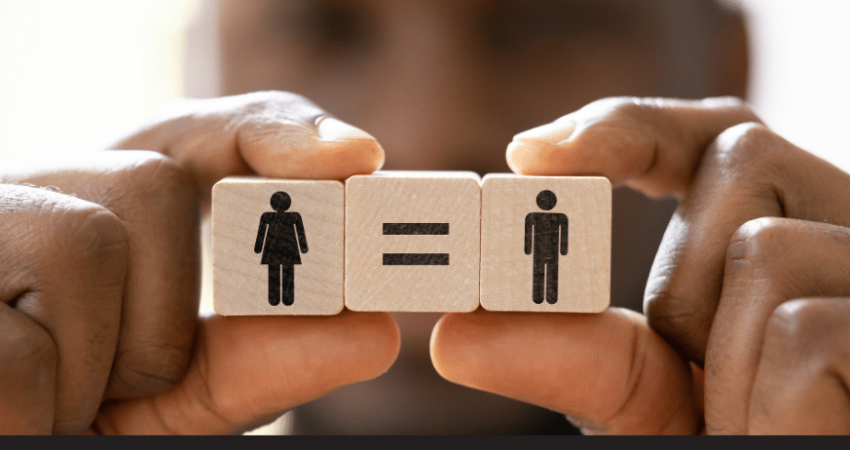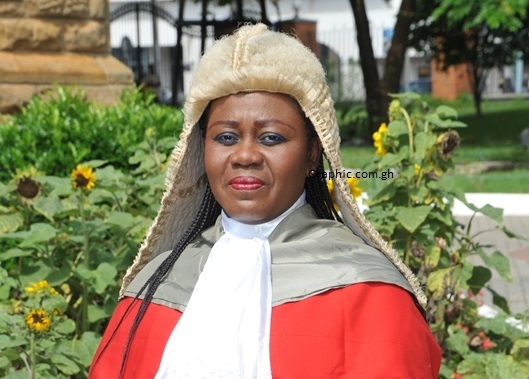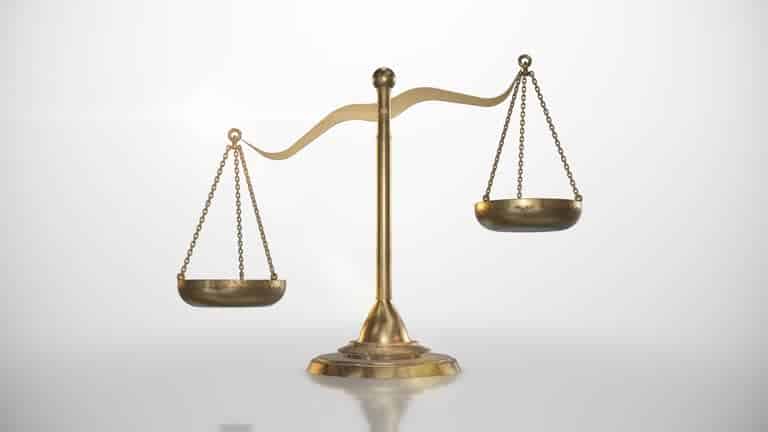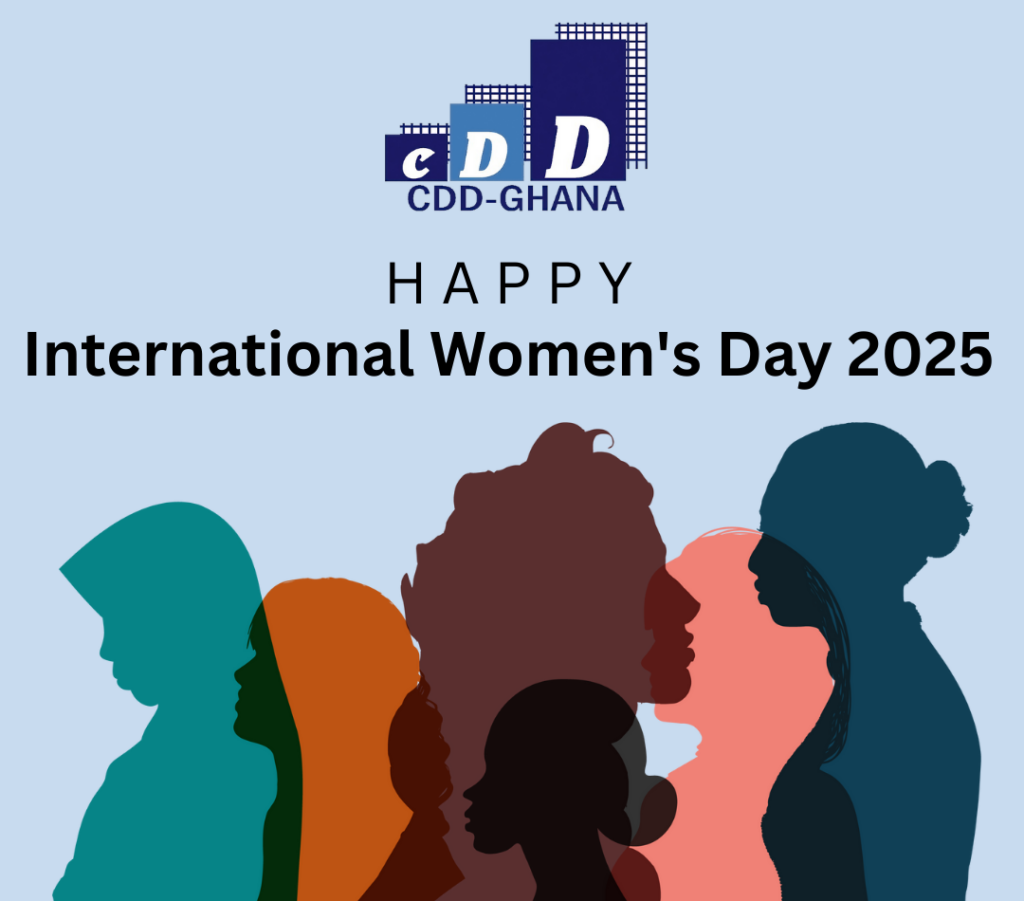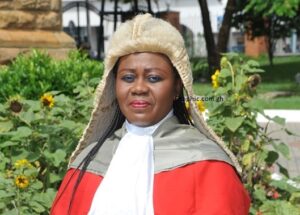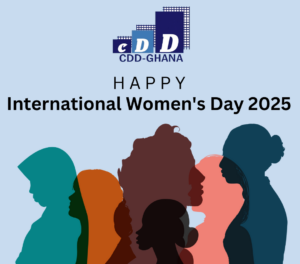In Part I of this three-part series, the analyses mapped the gender dispositions landscape in Ghana which showed that Ghanaians a) have positive and strong normative beliefs about gender and women’s rights issues; b) strongly support equal rights or opportunities for women; c) believe that women and men enjoy certain equal opportunities; and d) do not rank gender and women’s issue very high on their list of policy priorities.
Part I ended by encouraging Ghanaians to view the proposed legislation as seeking to a) affirm our normative beliefs in gender equality; b) address incorrect assessments of our belief about gender practices and treatment of women; and c) narrow and close gender gaps in both public and private sector spaces.
In Part II, the analyses highlighted three key strategies (quotas, policy directives, and fiscal tools) the bill proposes as the way to close gender gaps and achieve gender equality. The analyses also highlighted the governance framework for implementation, pointing to the regulatory burden on the gender equality committee who has primary oversight for monitoring compliance should the bill become law.
In this final part, the analysis focuses on a) the compliance demands placed on all public and private actors identified in the bill; and b) the prospect of parliament passing the bill.
Compliance Demands of the Bill
The purpose of the bill is described as “to effectively redress social, cultural, economic and gender imbalance in the country, based on historical discrimination against women emanating from persistent patriarchal socio-cultural systems and norms in spite of de jure equality of men and women.” To do this, the bill places several requirements on public and private actors. Below, are five examples that illustrates the nature of the requirements.
- All arms of government, public sector institutions, independent constitutional bodies, political parties, and private sector employers including media houses are expected to develop and submit gender equality policies and plans to the Gender Equality Committee within twelve months of the coming into force of the law. The plans must include targets for achieving gender equality according to a schedule prescribed by the bill as follows – a) 30% by the year 2026; b) 35% by the year 2028; and c) 50% by the year 2030. The bill also requires the submission of annual gender equality reports indicating the extent of compliance with the law to the Gender Equality Committee.
- The Public Services Commission is expected to maintain and update yearly, a directory of qualified women from which appointment into the service will be made. In addition, if there are bodies for which there is a specific number of members required for appointment purposes, the commission is expected to reserve a specific number of seats for women.
- The education sector is expected to a) review the curricula from basic schools to tertiary institutions and include courses on gender; b) monitor the progress of the girl child all the way from secondary school through the tertiary level; and c) lower cut off points for female applicants to the university and reservation of slots for those from deprived districts.
- The National Media Commission is expected to ensure that a) media programs are gender sensitive; b) women are portrayed positively and gender stereotypes are eliminated; and c) the reporting and analysis on the rights of women and gender equality issues is scaled up.
- For private sector employers, gender equality policies and plans are expected to be a) made in consultation with their employees; b) part of their strategic plan; and c) submitted to the Gender Equality Committee for review.
These are just illustrative examples of the compliance demands placed on every institution – private or public—identified in the bill and who are required to undertake specific actions to promote and achieve gender equality in Ghana.
To respond satisfactorily to these requirements, they must develop compliance assurance systems that allows them to a) develop the policies and plans; b) implement strategies to achieve the specifics of the policies and plans; c) gather, analyze, and interpret compliance data; d) compile, prepare, and submit the annual compliance report; and e) in the event that the organization detects shortfalls be ready to develop and implement strategies to address them.
Moreover, a robust compliance assurance system requires a) a state-of-the-art technology infrastructure with appropriate software tools; b) human resources in terms of a compliance team with the requisite knowledge, skills, and abilities and who are positioned to shoulder the burden for the organization; c) financial resources to build and maintain the compliance assurance system; and d) a new organizational culture where there is real commitment to gender equality.
Undoubtedly, the dictates of the bill create new demands on all actors. The bill does well to incentivize compliance. As discussed in Part II, private sector employers who meet the quota targets will potentially receive tax incentives from the Ministry of Finance. In addition, receiving a Gender Equality Compliance Certificate allows a private sector employer to be given preferential treatment in the award of government contracts. These incentives hopefully are strong enough to motivate private sector employers to demonstrate commitment to achieving gender equality. There is not an equivalent set of incentives for actors in the public sector though and this is something that must be corrected before the bill becomes law.
Prospects for Passage
There is no way to predict the fate of this latest attempt to legislate gender equality. The proposed legislation is yet to gain traction in public spaces including on various media platforms. Public energy or the lack of it, does signal to policy makers the importance as well as the urgency of issues before it for consideration. Given the current public energy and level of enthusiasm observed, it may be tempting to downplay the importance and urgency of the legislation and conclude that there is a lack of interest among Ghanaians.
However, that is not the case. At least there is interest among Ghanaians to see government action on this issue. In Afrobarometer Round 9 (2022), fifty percent (50%) said “government and elected officials should be doing more than they are doing now to advance the rights and equality of women,” with another seventeen percent (17%) saying “somewhat more.” In the same survey, Ghanaians identified the following as the top three women’s rights and equality issues government and the larger society must address – a) too few women in influential positions in government; b) unequal opportunities or pay in the workplace; and c) gender-based violence. Lastly, the percentage of Ghanaians rating government performance well when it comes to promoting opportunities and equality for women has declined significantly from sixty-eight percent (68%) as per Afrobarometer Round 7, 2019 to forty-four percent (44%) as per Afrobarometer Round 9, 2022.
The current legislation therefore presents our policy makers an opportunity to respond positively to Ghanaians by working in a bipartisan way to finally legislate an affirmative action and gender equality bill.
 John Osae-Kwapong (PhD) is a Democracy and Development (D&D) Fellow at the Ghana Center for Democratic Development (CDD-Ghana) and the Project Director at The Democracy Project.
John Osae-Kwapong (PhD) is a Democracy and Development (D&D) Fellow at the Ghana Center for Democratic Development (CDD-Ghana) and the Project Director at The Democracy Project.


